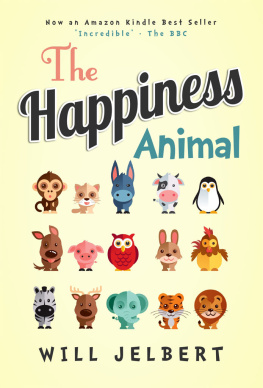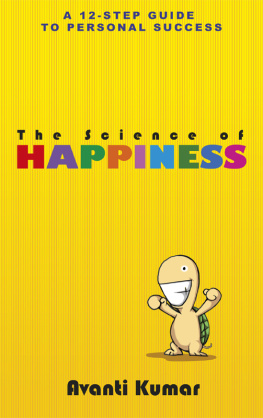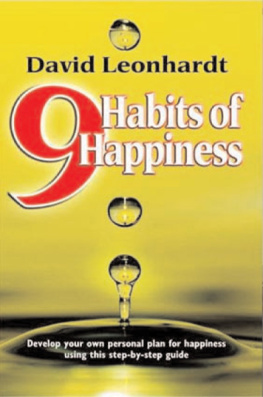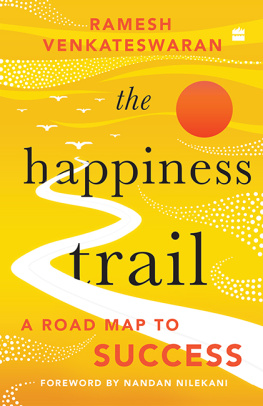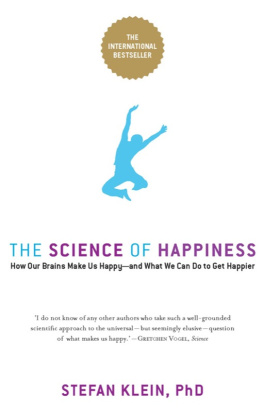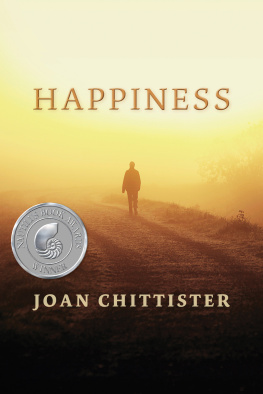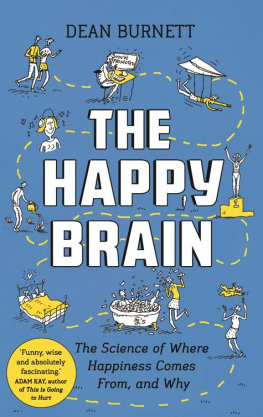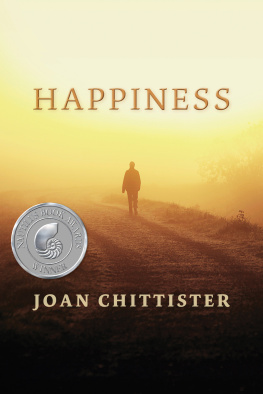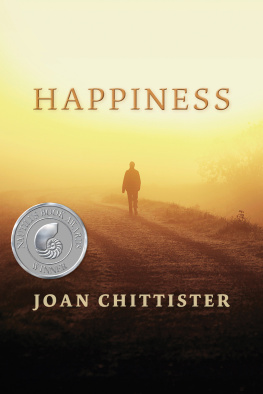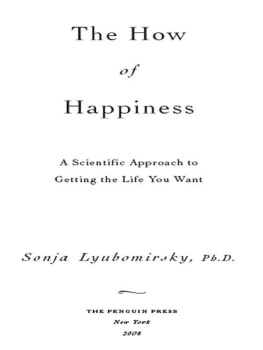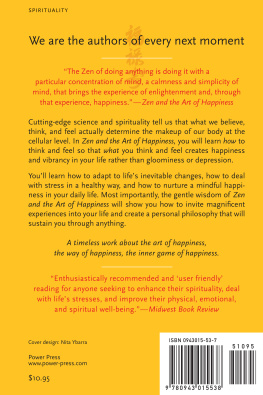The Happiness Animal
Will Jelbert
Copyright 2014 by Will Jelbert
All rights reserved. This book or any portion thereof may not be reproduced or used in any manner without the express written permission of the author.
ISBN-13: 978-1496081131
ISBN-10: 1496081137
Cover design by Victoria Davies. Illustrations by Anthony Vu and Irene Macias.
For Happiness Coaching & Personal Training for Happiness
visit: www.happinessanimal.com or email the author:
For my family, and other animals
Contents
Chapter 1
before you begin
A mans as miserable as he thinks he is
Seneca
Education is not the learning of facts, but the training of the mind to think
Einstein
WE ARE ANIMALS, trained. How we exercise our muscles determines the strength of our happiness. How do you get a healthy body? You give that body two treatments: healthy diet, and, healthy exercise. But for healthy happiness, you only need one treatment: healthy exercise. It is easier to be happy than it is to lose weight. I found this out the hard way.
My first job was working as a translator for Reuters. Translating French and German into English did provide me with three different ways to look at the same piece of information, three different ways of thinking, but it didnt teach me much about happiness. I had a degree specializing in the origins of Modern French Thought, and although that kept me interested in philosophy, it didnt teach me much about happiness either. Almost a decade into a great career with Reuters, promotions, holidays around the world with a beautiful wife, and relocation to a place in the sun, I was deeply unhappy. Then things got worse. My marriage was dead and divorce loomed its ugly head. I started drinking, partying, sleazing - all heavily. I was caught between alcoholism and the pretensions of a playboy. Then things got worse. One afternoon I had a near-fatal bike accident, which resulted in an eight hour operation to reconstruct my face, and a year of follow up surgery. I no longer recognized myself. I couldnt understand who I was or what I was doing. I took months off work, lost my ability to plan and prioritise, and became a case study for both Obsessive Compulsive and Post Traumatic Stress disorders. I became the psychology patient with four therapists. I made a full recovery, learned a lot about managing anxiety, but it didnt teach me much about happiness. I was still unhappy, or numb. I decided to go on a journey to escape my apartment, my city, my job, and so I went, alone, on a three-month drive around the remotest parts of outback Australia. Nature often struck me with awe, but the journey itself didnt teach me much about happiness. So I moved into a penthouse apartment next to Sydney Harbour Bridge, ate out in the best restaurants, and you got it, it didnt teach me much about happiness. I had the ultimate bachelor lifestyle. I was living the dream, but I wanted to wake up. All my experiences had one thing in common: I could take momentary pleasure from them but they didnt make me happy. I had learned, at least, what didnt make me happy, but what was I missing?
In 2001, I had stumbled on a dark-green book in my parents bookshelf on their farm in Cornwall. Age had frayed and worn the books spine, where the once golden, now darkened letters read: Self Control And How to Secure It, by Paul Dubois. I took that book from the farm that day, and it has remained in my possession ever since. But I didnt start reading it until about ten years later when I stumbled on it again. The book did not directly teach me about happiness, but it did provide me with a lot of clues to where I could learn about happiness. The author made references to books, which he said were guides to the innermost workings of the human soul. So I got started on his reading list. I read the old, and I mean really old, beginning with the writings of Seneca.
Born in 4 B.C. in Spain, Seneca moved to the Roman Empire where he became the adviser to the then Emperor of Rome, Nero. Before attending to his own poisoning (Emperors orders), Seneca had in his philosophical writings, secured himself a place as one of the greatest thinkers of Ancient Rome, and of all time. His letters to his friend Lucilius are still relevant to every human being. Seneca was my happiness game-changer and I acknowledge his influence by opening every chapter with a quote of Seneca wisdom. Next on the reading list was the slave Epictetuss manual, and Marcus Aurelius Meditations. While these ancient books still had relevant advice on how to be happy, my reading list needed updating to include the latest findings from psychologists, scientists and bestselling authors in the field of happiness, on the off chance that someone had something new to say about happiness in the last two thousand years. Which brings me to an important point:
Why would you read this book when you could read one of the other highly-acclaimed, happiness bestsellers likeFlow, Flourish, How Pleasure Works, The Happiness Hypothesis, The How of Happiness, The Secret, Authentic Happiness, The Happiness Project, Stumbling on Happiness, or, Stop Thinking, Start Living?
What this book has that these others do not, is the direct experience of the exercise that strengthens your happiness. Dan Gilbert is open about the limitations of his book, Stumbling on Happiness, and he makes them clear in his preface: this is not an instruction manual that will tell you anything useful about how to be happy. The Happiness Animal will tell you everything useful about how to be happy. Here, I take the latest psychology and scientific research on happiness, and support my own work with the core ideas presented in the abovementioned books. Although each of these books has its own unique angle, insights, and discoveries of science and psychology, no book fully captures the importance of exercise. My approach to writing The Happiness Animal is to create the only book you will ever need to exercise happiness. If youve ever had any of the below thoughts, your Happiness Animals muscles will benefit from some exercise:
If I had more time, Id be happier
If I had more money, Id be happier
If I had a new job, Id be happier
If only I could get ___ or ____ I would be happier (fill in the blanks)
I am tired of feeling dissatisfied after, or at the time of, things I consider pleasures
I could be happier
I am unhappy, at least sometimes
I want to feel more alive
I used to feel more alive
Expectation is the mother of my disappointment
If you answered yes to one or more of the above, then keep reading. Of course, if youre happy all the time, then stop reading. Here. But if youve had things, events, holidays, or people, which you thought would make you happy, but didnt, then keep reading.
What I quickly discovered when I introduced the exercises - first to those I knew, then to my happiness training clients and then, to the thousands of others online around the world - is that what makes people happier is universal. It is universal that all people, regardless of their taste, class, country or background, see the same two images when they look at the below. Some see a vase first, and some see two faces first, but all people can see both faces and a vase.

It is universal that human beings are born with two eyes, two ears, and one nose, and it is universal that human beings are born with a Happiness Animal. The origin of the word Animal is Anima, which means spirit. What is also universal about this spirit, this Happiness Animal, is that everyone can exercise exactly the same five muscles to make it strong.
Next page
